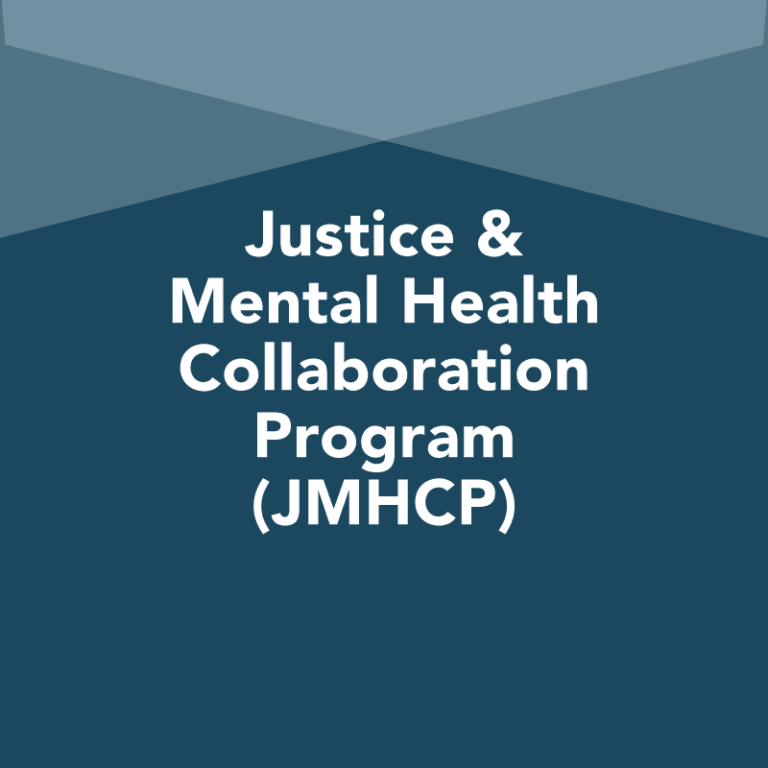Leaders in the criminal justice field are advancing the use of telehealth and telecommunication to support people with mental illnesses and substance use disorders. This brief highlights opportunities for implementing both throughout the criminal justice system. Photo credit: microgen via Envato
Related Resources

Preparing Law Enforcement Agencies for Embedded Clinicians
Crisis Systems, Law Enforcement, Mental Health
Read more
Building Successful Partnerships with Peer-Run Organizations
Co-Occurring Substance Use, Mental Health
Read more
FY2023 Planning and Implementation Guide for JMHCP Connect and Protect
Co-Occurring Substance Use, Law Enforcement, Mental Health
Read moreAuthors

Sarah Wurzburg
Deputy Division Director, Behavioral Health
Sarah Wurzburg oversees technical assistance focused on behavioral health, diversion, and reentry and serves as the lead for projects related to substance use, mental illnesses, and housing. She leads the work on the development of community responder programs, including a toolkit that supports sites in development of non-police responses to people in crisis. Previously, Sarah was a research analyst at the National Association of State Alcohol and Drug Abuse Directors, Inc., where she was the team lead for Youth and Women’s Services and was the primary author of research reports on youth substance use disorder treatment, driving under the influence, and Medicaid. Sarah has also worked as a juvenile court advocate and in community substance use disorder prevention. She received her BA from DePauw University in English (writing) and her MA in social services administration with a focus on policy analysis from the University of Chicago.